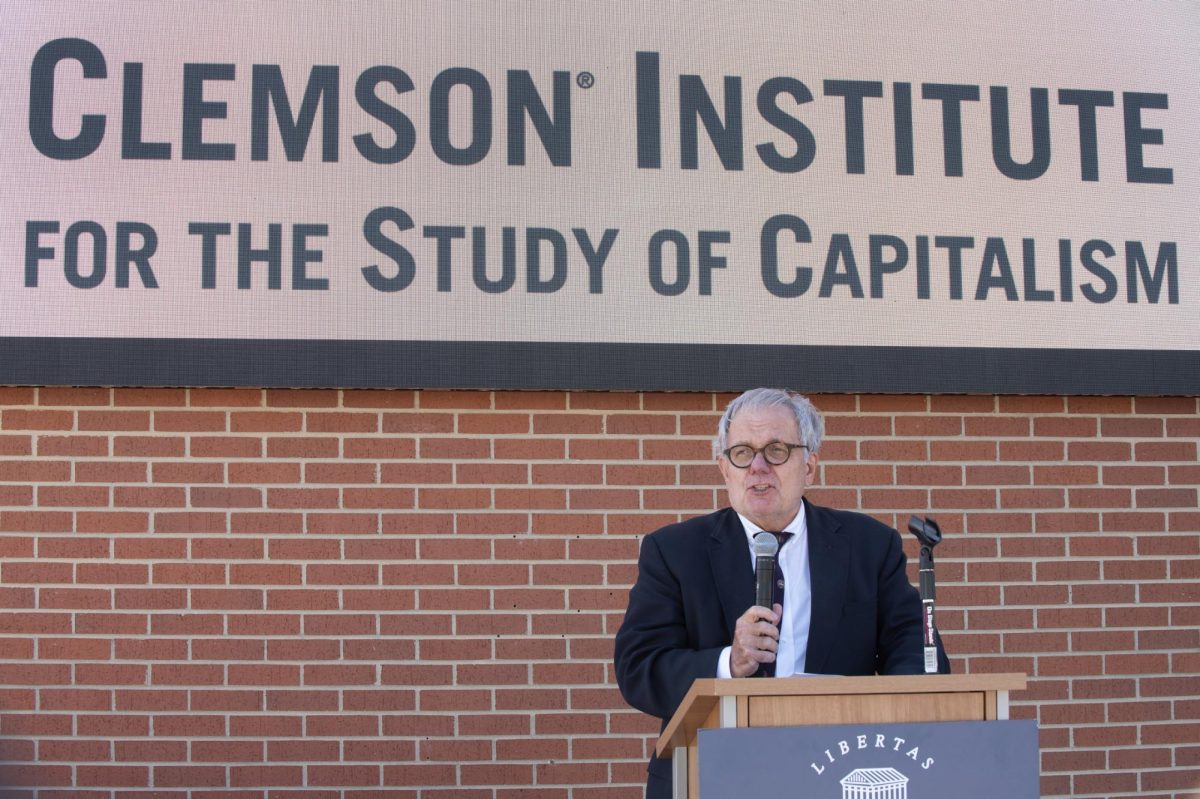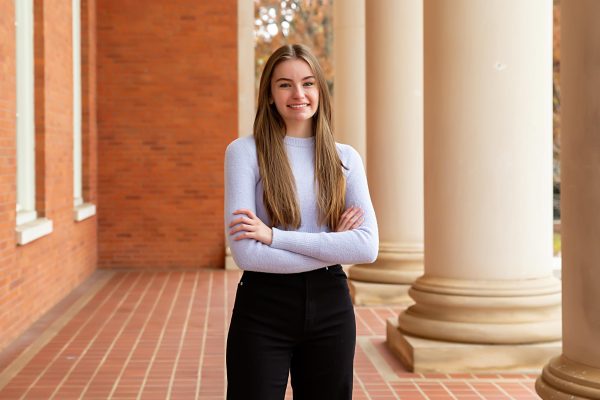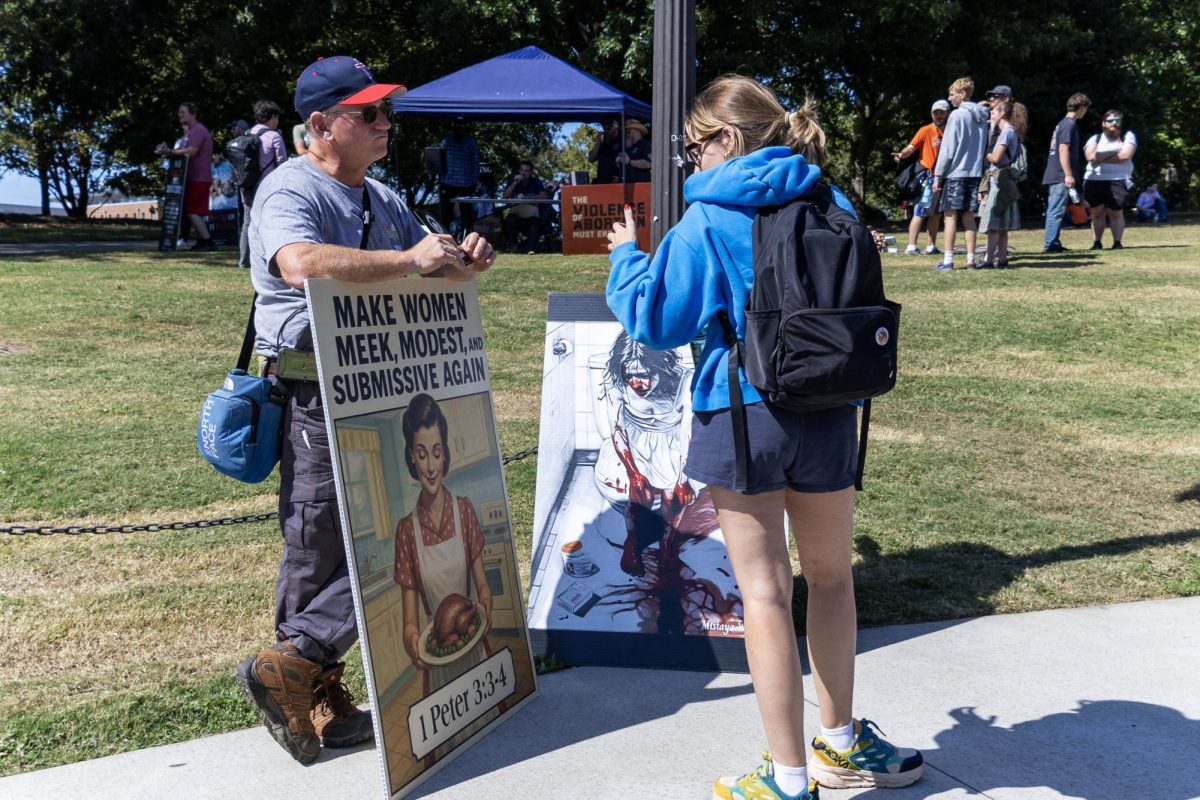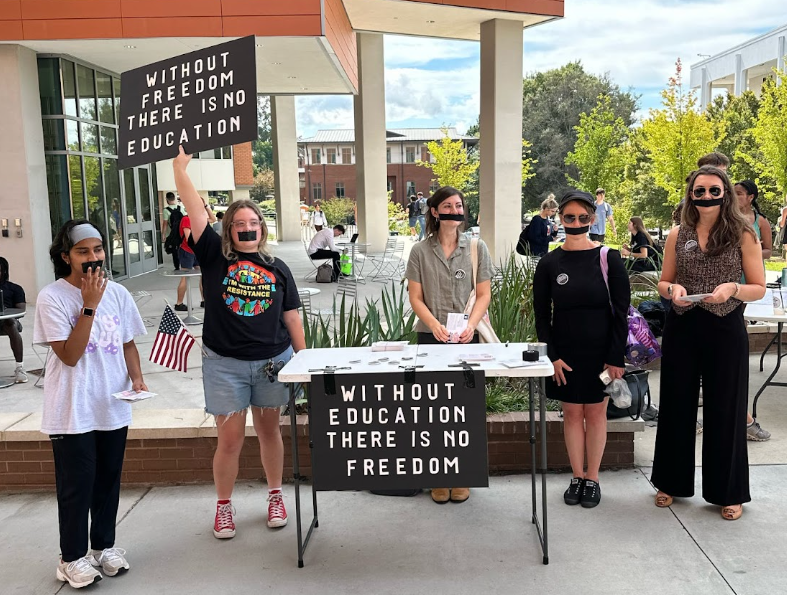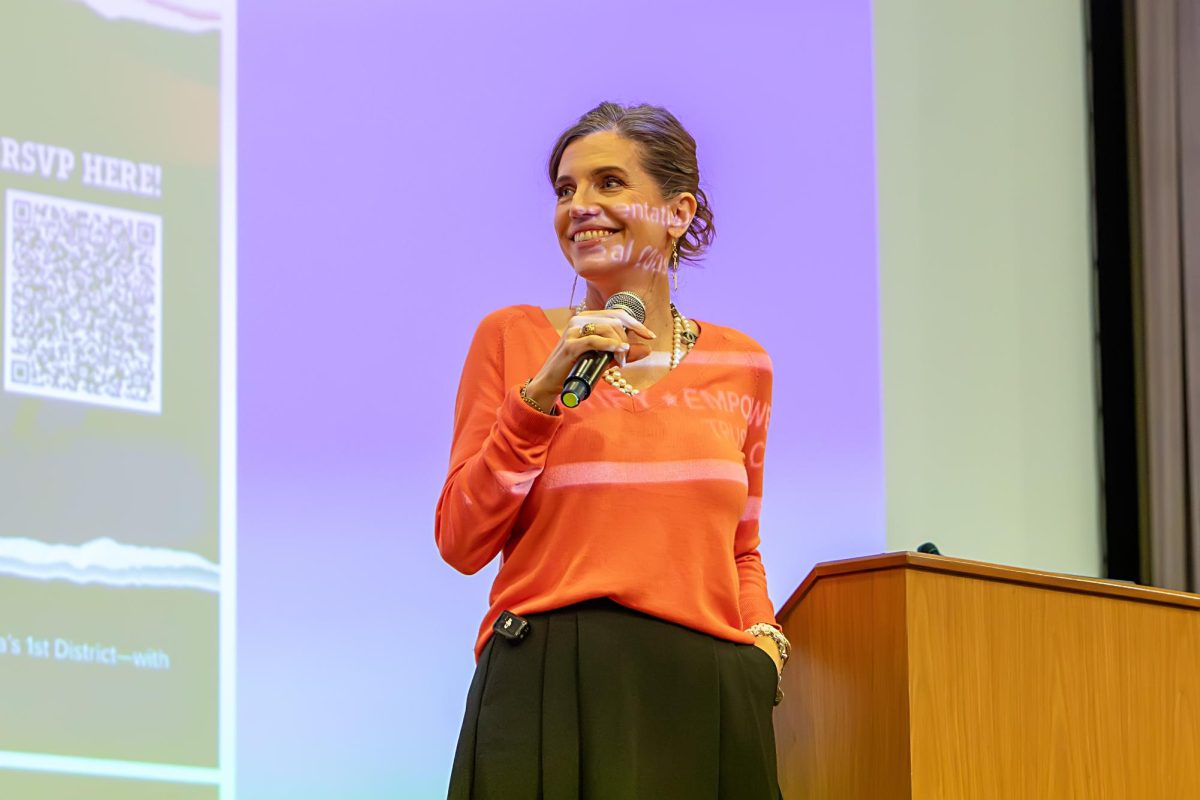Clemson University’s Lyceum Program has taken the forefront for students wishing to study capitalism, liberty and the American founding, and has plans to expand amongst the Clemson community and to other college campuses.
The Lyceum Program’s mission is to foster an intellectual community to study the foundations of a free society, Eric Daniels, the assistant director of the Lyceum Program, told The Tiger.
“We hope that the program brings a vibrancy and engagement to students and develops their ability to think deeply about big ideas and how they influence the world today,” Daniels shared.
Bailee Tayles, a sophomore Lyceum Scholar, told The Tiger that her time in the program has “truly been a special experience.”
“The professors and Socratic tutors care deeply about not only providing us with an incredible education but aiding us in bettering our moral character and becoming better people, which is something incredibly unique to the program,” Tayles added.
As the University’s applicant pool has increased over the past years, the program has had an influx of students interested in pursuing their knowledge of these ideas.
The program’s continued success has led to a new era in need of growth and a more expansive learning opportunity. The Lyceum Scholars Program applicant pool, which only holds 10 spots, has grown from an average of 500 applicants to over 700 applicants within the last few years, Daniels noted.
The University’s push to expand this program is expected to take place within the next few years and will be able to accommodate a wider array of students and scholarship opportunities.
The Scholars Program offers a $10,000 scholarship to incoming freshmen, whereas the Fellows Program follows a curriculum structure that provides Lyceum Fellows a minor in Political and Legal Theory.
The Clemson program hopes to double the size of the Scholars Program within the next five years along with continuously growing the Fellows Program, Daniels said in an interview with The Tiger.
“The Lyceum Program features a pedagogical approach that requires close reading of original sources to help students learn how to assess both the quality and validity of the arguments,” Daniels explained. “Our unique Socratic Tutorial program…helps develop the student’s critical thinking and engagement with questions of moral character and the application of what they learn in the classroom into the real world.”
The Lyceum Program also offers free on-campus lectures open to Scholars and Fellows as well as Clemson students and faculty in hopes of furthering attendees’ understanding of liberty, freedom, and other encompassing topics.
Many Lyceum Scholars have taken on leadership roles at Clemson during their undergraduate studies.
“Lyceum Scholars have become involved in leadership positions across many campus organizations; they have founded Clemson’s first journal for student writing in the humanities and social sciences, the Aurantiaco, and they lead reading groups and other extracurricular opportunities,” Daniels shared when asked about the Lyceum Programs’ impact on and off campus.
The postgraduate activities of many scholars and fellows also add prestige to the program, with several Clemson graduates pursuing law school at top universities, such as Harvard University and the University of Chicago, along with the University of Oxford and Cambridge University graduate programs.
In previous years, students in the Lyceum Program have won the prestigious Fulbright Scholarship and the Rhodes Scholarship, a postgraduate award to study at the University of Oxford.
Several universities have already begun implementing the Lyceum Program in their schools and are in the early planning and development stages, according to Daniels. The individualistic style of teaching is what has helped set aside this program and caused a flood of interest from current and future students.
The size and accomplishments surrounding the program support its need for expanding to accommodate the influx of new students who are interested in the teachings of capitalism and the American founding.



